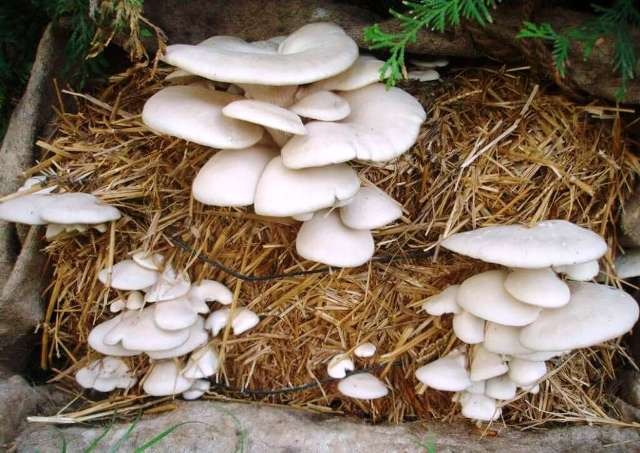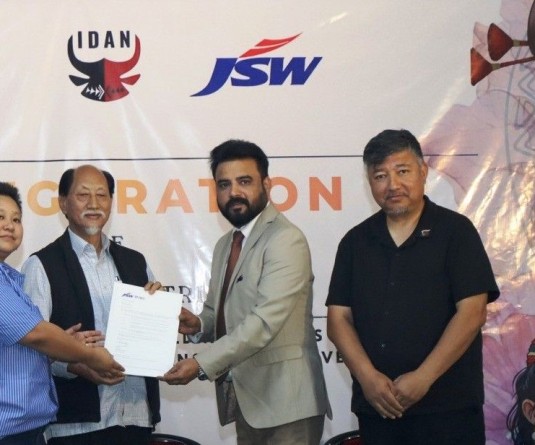The report stated that mushroom cultivation is a viable and attractive activity of both rural farmers and peri- urban dwellers.

Our Correspondent
Kohima | May 11
Nagaland’s state horticulture department has taken keen interest in development and promotion of mushroom cultivation in the state.
At present, there are two mushroom units operating at Dimapur and Mokokchung and three spawn production units- one each at Wokha, Mon and Kohima.
Because of the various promotional activities undertaken by the department, more and more people are coming forward to take up mushroom cultivation both as self-employment venture and subsidiary source of income, according to the Annual Administrative Report of the department of horticulture 2020-21.
In order to meet the increasing demand for Spawn and Mushroom, the department has earmarked Rs 5.50 lakh for maintenance of the departmental units under State Development Plan 2020-21, the report stated.
The report maintained that mushroom is a palatable food accepted by people as daily diet and alternative to meat and fish. It is an important source of essential amino acids, vitamins and minerals.
Mushroom cultivation can directly improve livelihoods through economic, nutritional and medicinal contributions. Mushroom cultivation also provides opportunities for improving the sustainability of small farming systems through the recycling of organic matter, which can be used as a growing substrate and then returned to the land as fertilizer.
The report stated that small-scale growing does not include any significant capital investment; mushroom substrate can be prepared from any clean agricultural waste material and mushrooms can be produced in temporary clean shelters.
Mushroom cultivation can help reduce vulnerability to poverty and strengthens the livelihood through the generation of a fast yielding and nutritious source of food and a reliable source of income, it said.
They can be cultivated on a part time basis, and require little maintenance.
Since it does not require access to land, mushroom cultivation is a viable and attractive activity of both rural farmers and peri- urban dwellers, the report stated.
Mushroom cultivation activities can play an important role in supporting the local economy by contributing to subsistence food security, nutrition, and medicine; generating additional employment and income through local, regional and national trade; and offering opportunities for processing enterprises, it added.





